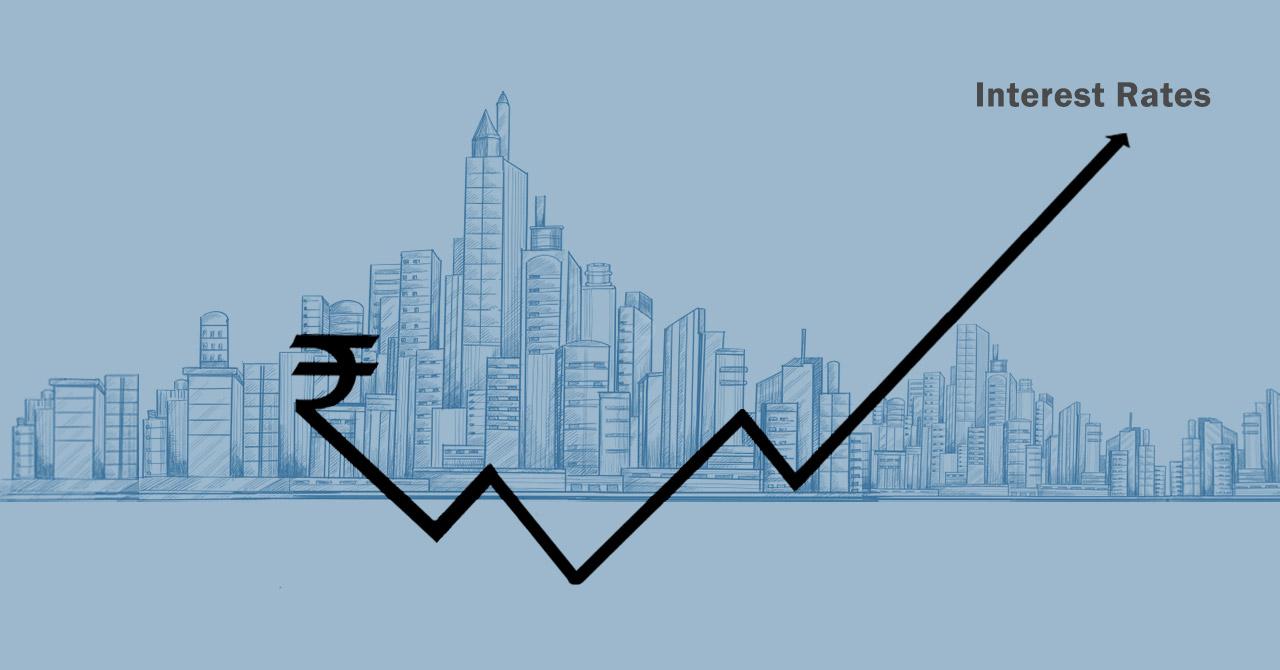What Impact Will The Increase in Interest Rates Have on Affordable and Mid Segment Real Estate Markets in India?
- 30th Jul 2022
- 2007
- 0

Never miss any update
Join our WhatsApp Channel
Any changes in home loan interest rates definitely affects the real estate market. Let us examine closely the impact that the current increase interest rates might have on the Indian real estate market, especially the affordable and mid segments.
Those who have been getting their finances in order in anticipation of a home purchase are likely itching to close, while others may decide to put off their plans to do so. If we were to go ahead, what strategy would work best?
The Indian middle class seems to be going through rough times again. Analysts predict that the most recent increase in mortgage interest rates would make it harder for people to buy homes in the affordable and middle-price categories.
Mortgage interest rates have trended downward over the last several years, benefiting would-be homeowners. Since interest rates have been going down, so has the EMI payment that is due every month.
The homeowner's income-to-mortgage-payment ratio went down, which meant more money was made available to them. There were additional suggestions from developers in the year 2020, after the disease had already claimed many lives.
Discounts are being offered in an attempt to increase sales, and the governments of various states have reduced the needed stamp fee. In response, many would-be homeowners were able to loosen their purse strings and upgrade their price range. Many individuals who had planned to buy a 1-BHK ended up buying a 1.5-BHK or 2-BHK instead, while others who had planned to buy a 2-BHK ended up buying a 3-BHK, and so on.
As interest rates continue to increase, however, we are seeing a reversal of this trend. Real estate values have been on the rise recently, and one reason is the steadily growing cost of construction materials.
As purchasers begin to feel the pinch, demand for properties in the affordable and midrange segments may fall over the following several quarters.
If borrowing rates were to increase, it would likely discourage potential homebuyers. It might lengthen the time it takes to close a transaction as a consequence.
Those who have taken steps to better their financial conditions and who have put up a sizable initial deposit, on the other hand, are eager to close the deal before they.
There has been no letup in the price increase.
Some would-be homebuyers may be discouraged by the recent rise in interest rates, but those who were already planning to make a purchase before the hike have nothing to worry about to buy a property will do so nonetheless because they know they need to get in before borrowing rates soar through the roof.
There will be no changes to the premium tier:
On the other side, there's the upscale market, which covers everything from Rs. 70 lakh to Rs. 1.70 crore, and the luxury range, which goes beyond that (priced above Rs 2.50 crore) will be affected less severely. The purchasers in this market sector are less sensitive to economic volatility and interest rate hikes than those in other markets.
mid-segment. To be more precise, as the value of the Indian rupee has dropped, non-resident Indians (NRIs) have been flocking to the country's high-end real estate market.
Trends in the Market:
The rental market may see growth in the future. Many renters make the decision to buy a home and pay the associated monthly EMis when the prospect of homeownership becomes more attractive.
The demand for renting has therefore dropped. Since many individuals returned to their hometowns during the outbreak, the Covict-19 double whammy had an additional negative affect on the rental market at a time when remote working was becoming more popular.
As a consequence, some homeowners may carry through with their decision to buy, which might lead to a spike in demand for rental homes by just a few of months. Since domestic inflation has risen by 5%-6%, it is essential that salaried employees obtain a raise of at least 5%-7% in order to acquire a property and keep their monthly EMI payments within a sustainable relation to their yearly income.
A increase in interest rates will reduce the attractiveness of mortgages, leading to a general decrease in demand. This will lead to less production and fewer new product launches, which in turn reduces the need for inputs like energy and raw materials and leads to cost savings. Indirectly, this might slow the growth of the real estate market.

 Admin
Admin



Comments
No comments yet.
Add Your Comment
Thank you, for commenting !!
Your comment is under moderation...
Keep reading blogs